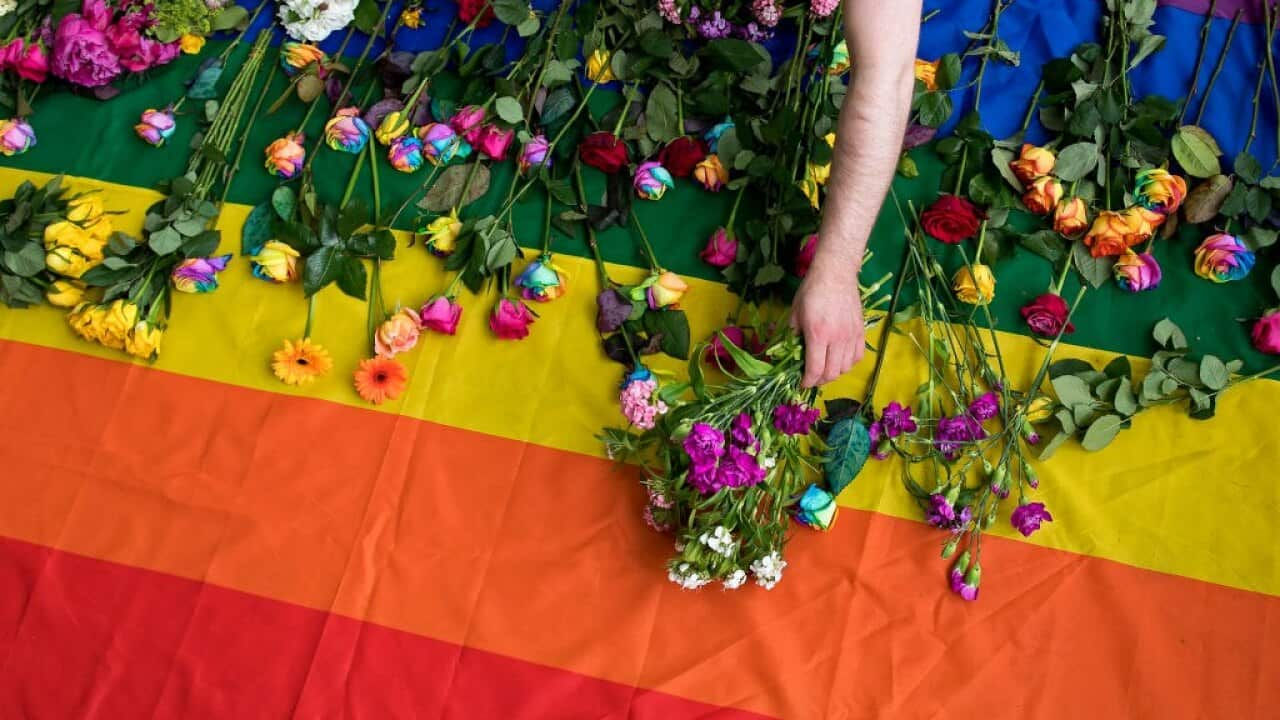A Council of Europe official tackled Chechen officials about reports of the torture and detention of gay people, during a rare visit to the Russian republic on Saturday.
Frank Schwabe, a member of the Council's Parliamentary Assembly (PACE) raised the issue with officials in Moscow and in the Chechen capital Grozny.
"There are very serious reports about violations against women, against LGBT people and about illegal detentions" in Chechnya, he told AFP.
"We cannot accept it," he told AFP.
A scheduled meeting with the majority-Muslim republic's strongman, Ramzan Kadyrov, did not go ahead. But the meeting he did have was nevertheless "an important sign of the renewal of dialogue", said Mr Schwabe.
It was the first such visit since Russia returned to the Council of Europe's Parliamentary Assembly (PACE) in June this year and the first visit to Chechnya in nine years.
Mr Schwabe was following up on reports, which first emerged in 2017 when gay men said they had been tortured by law enforcement agencies.
Russian LGBT rights groups in January this year reported a new wave of purges against gay people.
Before Mr Schwabe's visit, Mr Kadyrov dismissed those reports as "made up" in a post on Telegram.
"Here men marry women and women marry men. It was like this for thousands of years and that is how it will always be, whatever the West tells us," the Kremlin-backed former warlord wrote.
Chechen officials repeated this in his meetings with them, said Mr Schwabe, a German Social-Democrat.
"They claimed there is no LGBT community in Chechnya so there could not be any violence against them," he said in a phone interview.
He "did not have the impression" that Russia's central authorities were doing enough to address human rights violations in Chechnya.
"Moscow signed the European convention of human rights, it have the obligation to follow the rules in their entire country," he said.
But he welcomed "the authorities' willingness to discuss such difficult topics".
Russia returned to the Council of Europe's parliamentary assembly in June, five years after its delegates were stripped of their vote in the pan-Europe rights body over Moscow's annexation of Crimea.
Chechnya was ravaged by two separatist wars in the 1990s and early 2000s.
Mr Kadyrov has ruled the region with an iron fist since 2007 and has been accused by rights groups of running Chechnya like his personal fiefdom.


